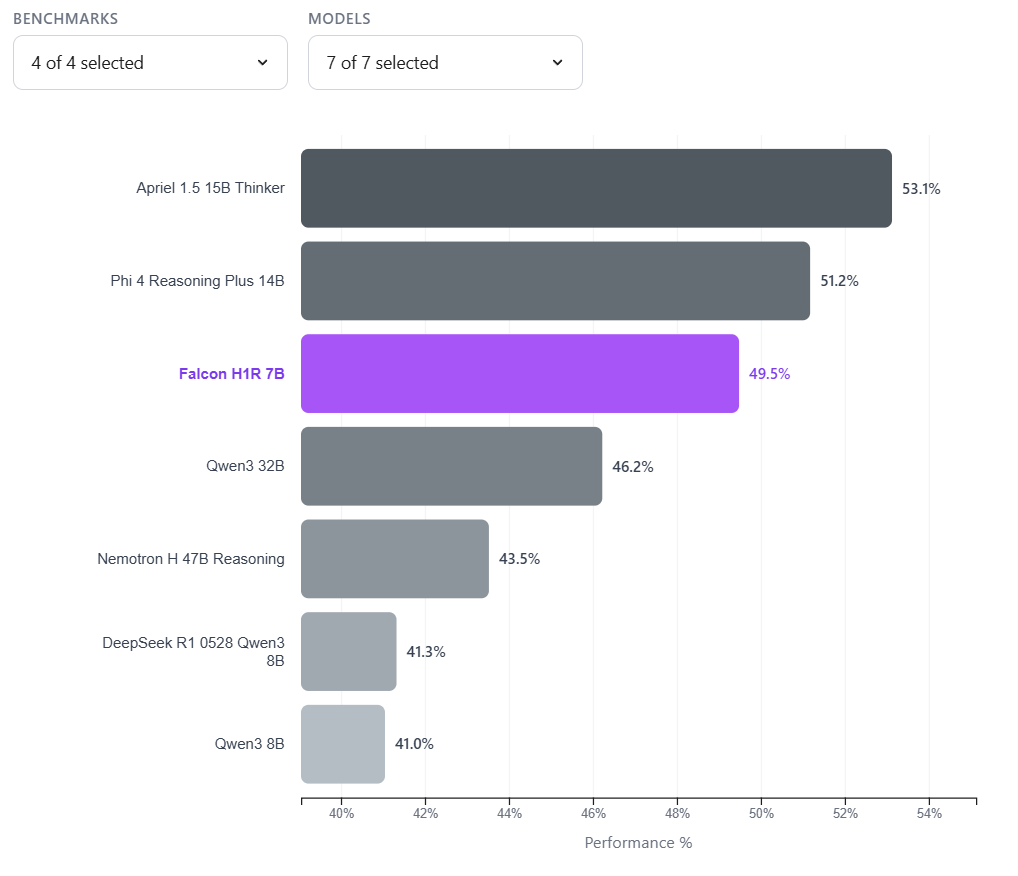The AI industry seems to have found its narrative for 2026: AI models are more capable than the people using them. Following Satya Nadella, OpenAI product head Fidji Simo has now weighed in. Her message: "AI models are capable of far more than how most people experience them day to day." OpenAI's goal for 2026 is closing the gap between what AI can do and how people actually use it. The company that turns research into useful products will lead the market.
ChatGPT has over 800 million weekly active users and one million business customers, according to Simo. In 2026, OpenAI plans to evolve it from a chatbot to a more personal "super assistant," one that understands goals, stores context, and helps proactively. A leaked mid-2025 document describes how such a super assistant would compete for human attention.
For businesses, OpenAI wants to build an automated workflow platform, with Codex serving as an "automated teammate" for developers. To justify higher prices, OpenAI needs major AI agent improvements: the company is reportedly considering plans costing up to 20,000 dollars per month.


